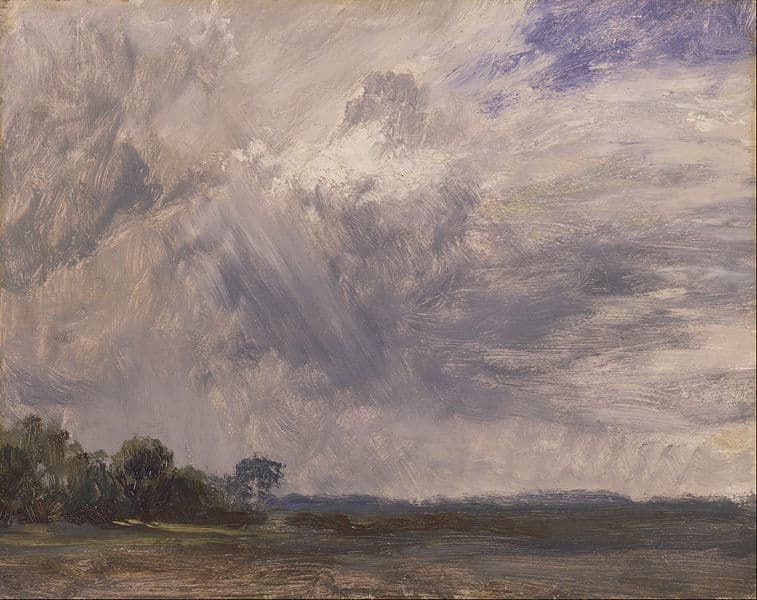
Alabama Lawmakers Consider Bill That Would Make It a Felony To Intentionally Disrupt a Church Service
By BRADLEY CORTRIGHT
|Jones Very, who graduated second in his class at Harvard, was a literary polymath: a Shakespeare scholar, a tutor in Greek, a divinity student of intellectual promise. Yet he was also insane.

Already have a subscription? Sign in to continue reading

By BRADLEY CORTRIGHT
|
By WILL FRIEDWALD
|
By NOVI ZHUKOVSKY
|$0.01/day for 60 days
Cancel anytime
By continuing you agree to our Privacy Policy and Terms of Service.